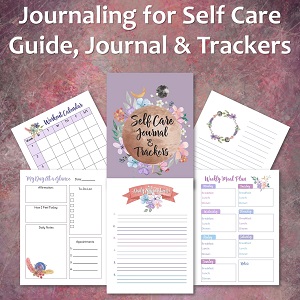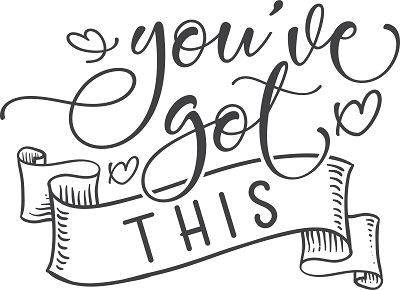 Post Traumatic Stress Disorder or PTSD can strike anyone regardless of age. It can be caused by being affected by or witnessing a trauma. It can also be caused by repeated exposure to trauma.
Post Traumatic Stress Disorder or PTSD can strike anyone regardless of age. It can be caused by being affected by or witnessing a trauma. It can also be caused by repeated exposure to trauma.
If you have PTSD, it can affect every area of your life unless you learn how to cope with it. When you understand what you can do to cope, it gives you a feeling of control.
Some self care strategies you can use for dealing with the condition is to first understand that PTSD is not who you are – it’s about what’s happened to you that’s caused a reaction within you.
Some people with the condition tend to keep it inside for fear that people won’t understand what you’re going through or might judge you. PTSD is something that’s important to talk about – especially among people who understand the condition and the toll it can take on you and your loved ones.
If you have the condition, the best first action step is to join a support group of other people living with PTSD. It can help you forge friendships with people who understand. If you can’t make it to a physical support group, then find one online.
This support is instrumental in your recovery process because one of the things that PTSD can do is make those who have it feel like they’re all alone in their struggles. Learn everything you can about the condition.
This way, when you go through a symptom, it won’t catch you out of the blue. Also learn what your triggers are. This may be a sight, a sound, a place or a smell. Understand that you may need to explain to people what it is that you need from them.
When it comes to family and friends, they mean well and want to help, but they also want to give you your space – even though that may not be what you need. So tell them how they can help you.
Do things that make you feel relaxed or that make you laugh. Learn how to meditate or take up yoga. This can help you learn how to relax and how to deal with the emotions when you’re having a bad day.
Get plenty of exercise. This gives you a natural endorphin boost that can lift your mood and help when you’re dealing with emotions such as sadness or anger. Make sure that the exercise is one that you enjoy. Go easy on yourself.
Don’t beat yourself up when you have a bad day. Take care of yourself physically by getting enough sleep. This part is important when you have PTSD, since a lack of sleep can worsen the symptoms.
Take some time for yourself when you feel that you’ve reached your maximum limit for stress and are about to overload. Get into therapy. A therapist trained in PTSD treatment can help you learn how to reprocess what you’ve been through.




